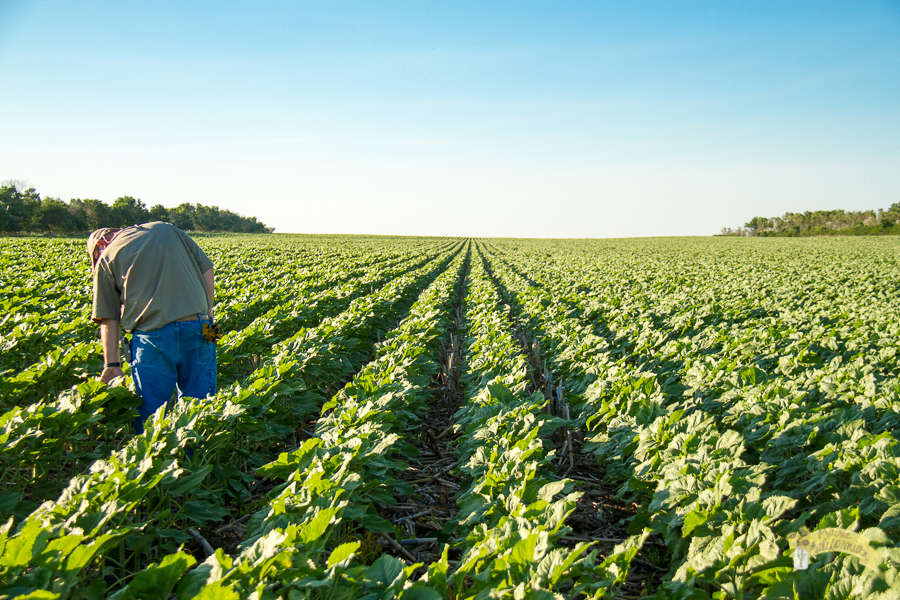
Exactly what is an agronomist?
An agronomist is a professional who applies scientific understanding and tactics for the management and production of crops. Agronomists function in a variety of settings, from farms and ranches to governing administration organizations and private businesses. They might also work in research laboratories or instruct at colleges and universities.
Most agronomists have at the least a bachelor's degree in agronomy or even a associated field, which include agricultural science or soil science. Quite a few agronomists also have master's degrees or doctorates. The precise nature of the agronomist's occupation depends upon his / her specialty and employer.
Agronomists Perform a vital purpose in making certain that crops are healthy and effective. They use their understanding of plant science to establish techniques to improve crop production, fight pests and diseases, and preserve water together with other resources.
The function of the agronomist
is to help the planet fulfill its developing food output needs. In accordance with the U.S. Bureau of Labor Stats (BLS), work for agronomists is expected to expand quicker than typical, with openings because of expansion and replacement needs.
The work of the agronomist
is difficult and fulfilling, with agronomists often becoming involved with research and training.
The education and learning of an agronomist
Agronomists need to have at least a bachelor's degree in agronomy or linked subject from an accredited university.
The future of agronomy
Agronomists help to make certain that the world's population has adequate food items, they usually work to enhance crop yields and lessen agriculture's influence on the ecosystem. learn more The BLS says that agronomists are in demand, but Competitiveness for Positions is probably going to generally be strong.
Summary
Agronomists are concerned with the study of plants, and so they operate in many different fields, from agricultural investigation to boosting crops. Agronomists are essential to ensure that crops are produced for consumption, but they also help create biofuels along with other plant-based goods.